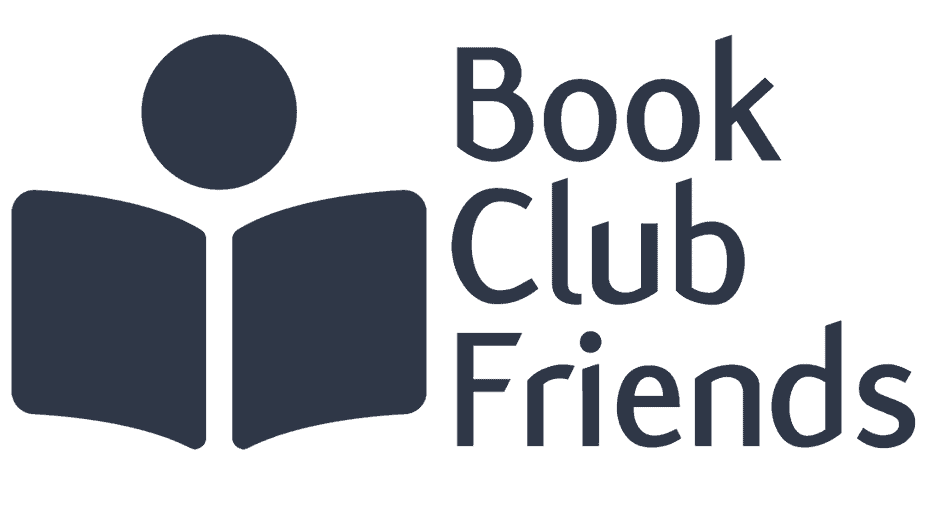Reply To: TRWR: Discuss the theme of innocence throughout the novel
Home / Forums / Author Forums / William Kent Krueger / The River We Remember Discussion Questions / TRWR: Discuss the theme of innocence throughout the novel / Reply To: TRWR: Discuss the theme of innocence throughout the novel
Well said, Jane, Nancy, and Tara. I think between you all, you’ve covered the main points! I love that you pointed out the two different definitions of the term “innocent” in regards to Del and Scott as opposed to Noah, Jane. That is indeed pertinent to the discussion.
In the general concept of coming of age, when you consider that every human being starts out innocent, and pretty much every adult has at some point lost that innocence, it’s a theme that we can all connect with. Some, like Fiona, Angie, and Del, have it ripped from them traumatically when they are young and defenseless. Scott loses his more gradually, seeing the world under more kindly circumstances despite the loss of his father; he has mentors and protectors that the other three lacked. Such a difference that can make in a person’s perspective and ability to adjust! When Scott has to make the decision to shoot Creasy, it affected him, but he was able to move on and create a productive life, in no small part to having people that he could rely upon to give him unconditional love and support.
Angie was eventually able to find that mentor in Farrah, and she taught her how to survive, and then she found love and protection in her husband. She also used her diaries as a sort of self-therapy, something that helped her sort out her experiences. She became a strong person, a good mother, and a loving partner for Brody. Her early loss of innocence didn’t sink her; she rose above it.
So did Fiona. She got away from her abuser, and was able to find love and a decent life afterwards. She would never have gotten away, though, if Marta hadn’t come on the scene. She, essentially, sacrificed what was left of her own innocence to set Fiona free. Her wartime experiences had already exposed her to so much, but she was still just a young girl when she was put into the Quinn household, and had to leave any innocence behind when she made her decisions there.
It would have been interesting to know how, exactly, Del fared after all that occurred in the book. He may have found the perfect home for himself in the military, but I wonder. He would have had structure, food, and place to live, and perhaps he would have taken to that environment and truly found his home and calling. However, he may also have become disillusioned. He may have found a discipline that tempered his wilder instincts and taught him maturity, or he might not have tamed those instincts at all, and may have been a soldier who lost control. We weren’t told, and his life was cut short, but I wonder what his war experiences would have been, and what he would have had to share with the other vets in Jewel if he’d come home.
As far as Noah’s innocence, and how it was perceived, I like your point, Nancy and Tara, about how people’s opinion of him ebbed and flowed, depending on if he was being useful to them or not. A lot of people love a good athlete on the field, but, like they did with Jackie Robinson, often treat them like dirt when the spotlights go out. Not everybody sees the real human being behind the skills. They say a person is a “good ___” (fill in your own minority, race, or other marginalized group) but still qualify that by feeling deep inside that they are still not as “good” as their own particular race/religion, etc.; it’s damning them with faint praise, basically. The prejudice still exists, even if the person doesn’t think they have that in them, simply because they will go that far in approving of them. Noah, I think, did have some true advocates, but not many. He understood his world, and he did his best to navigate it. He understood what he was up against, and had no illusions about it. He knew there were some battles he just wasn’t going to win, and accepted that. He stayed true to who he was, even unto the end. When Sam wrote about him after his death, some people probably had enough consciences to feel guilt and remorse about how they’d acted towards him and what they’d thought, but I’m betting there were still some who never allowed themselves to see that they were wrong about Noah, and should do some serious self-examination. Their prejudices would never allow them to see the truth.
